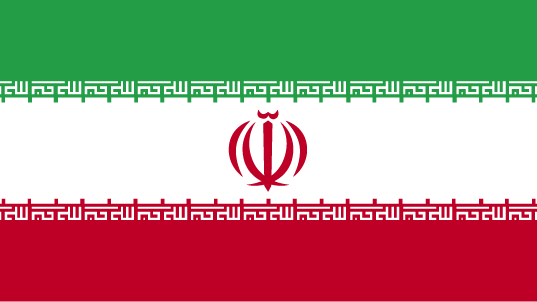Resolution #430
 |
The question of international cooperation in developing renewable energy sources. |
| Committee: Ecology & Environment | |
| Main Submitter: Republic of Korea | |
| Submitted: 14/02/2025 21:10 |
| Status |
|---|
| Passed cosubmitter sheet validation |
| Approved by approval panel |
| Selected for debate by secretariat |
| Failed by committee (Ecology & Environment) |
Committee Voting
| For: | 7 |
| Against: | 31 |
| Abstentions: | 7 |
Options
Co-submitters
 | Australia |
 | Chile |
 | Guyana |
 | Iran |
 | Ireland |
 | Lebanon |
 | Poland |
 | Syrian Arab Republic |
 | USA |
Resolution
FORUM: Ecology and Environment
QUESTION OF: International Cooperation in Developing Renewable Energy Sources
SUBMITTED BY: Republic of Korea
CO-SUBMITTED BY: Australia, Chile, Guyana, Iran, Lebanon, Poland, Syria
THE ECOLOGY AND ENVIRONMENT COMMITTEE,
Acknowledging the Paris Agreement commitment to reducing global greenhouse gas emissions and the role that renewable energy sources play in mitigating climate change,
Deeply concerned about the economic and environmental disparities in renewable energy development, particularly in low income and climate vulnerable nations, which hinder their ability to transition to sustainable energy sources,
Emphasizing the importance of technology transfer and capacity building between developed and developing nations to ensure equitable access to renewable energy advancements,
Recognizing the vital role of education in promoting sustainability and ensuring that current and future generations are equipped with the knowledge and skills to support the transition to renewable energy,
Further recognizing the disparities and opportunities for the harvesting of renewable energy depending on individual countries climate,
1. Encourages developed nations to share renewable energy technology, expertise, and research with developing countries to ensure a fair transition to clean energy;
2. Calls for the establishment of an International Renewable Energy Fund (IREF) to provide financial assistance and grants to nations struggling to implement renewable energy projects;
3. Recommends the creation of a Global Green Energy Network under the United Nations to facilitate partnerships between governments, private sector companies, and research institutions to accelerate innovation in renewable energy;
4. Urges member states to reduce tariffs and trade barriers on renewable energy technologies, allowing for easier international exchange of solar panels, wind turbines, and other clean energy infrastructure;
5. Proposes that nations collaborate in large-scale international renewable energy projects, such as cross-border solar farms and offshore wind farms, particularly in regions with abundant natural resources;
6. Encourages the transfer of renewable energy knowledge through international training programs, workshops, and educational initiatives to help nations build local expertise in clean energy;
7. Calls upon financial institutions such as the World Bank and International Monetary Fund (IMF) to provide low-interest loans to developing countries for renewable energy infrastructure;
8. Supports the expansion of the United Nations Framework Convention on Climate Change (UNFCCC) Clean Development Mechanism (CDM) to incentivize businesses and governments to invest in clean energy projects globally;
9. Recommends the creation of an International Renewable Energy Monitoring System to track global progress, promote transparency, and assess the impact of cooperative energy initiatives;
10. Encourages governments to set binding renewable energy targets in line with the Paris Agreement and Sustainable Development Goals (SDGs), ensuring international accountability and progress.